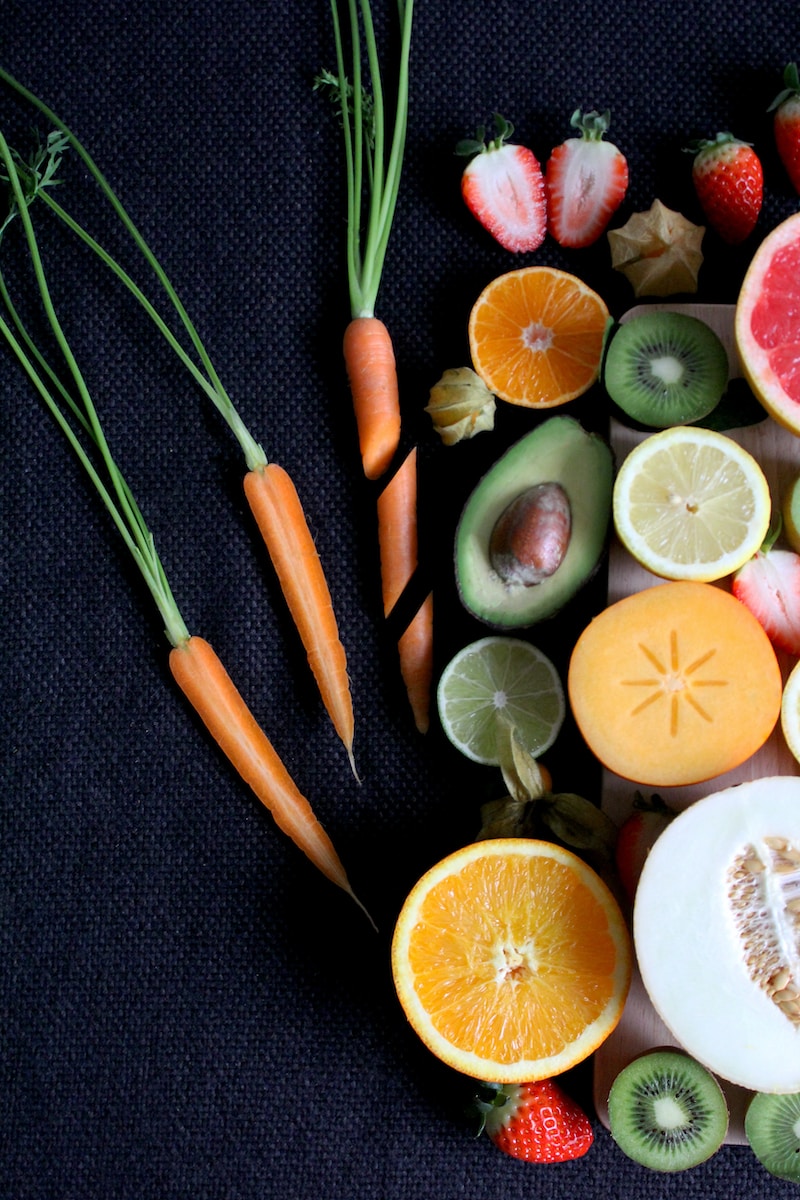Maintaining a healthy diet is essential for overall well-being, and it becomes even more crucial for men who often have unique nutritional needs. By making smart food choices, men can support their physical and mental health, boost energy levels, enhance performance, and reduce the risk of chronic diseases. In this article, we will explore a variety of healthy foods specifically beneficial for men, providing them with the nutrients they need to fuel their bodies for optimal health.
“My nutrition is based around a strict intermittent fasting protocol. I find that suits me and most men best. It allows for calorie control and restriction where necessary. Fasting is good for insulin control, energy levels and gut health. Then in my eating window of 8hours or less, I focus my food consumption on good fats from nuts, olive oil (I consume an obscene amount of olive oil), and avocado. Protein sources mainly from mackerel, sardines, chicken or ribeye steak (limiting red meat to once per week). High vegetable intake, boosted by greens powder drinks and limit carb intake to around workouts and in evening meals to assist with recovery on hard training days. Knowing what works for you is the key, and how you feel after eating is one of the best measures of whether a food source suits your physiology or not.” – Jack Latus – CEO, Latus Health.
Lean Protein:
Protein is crucial for muscle maintenance, growth, and repair. Opt for lean sources of protein such as:
- Skinless Chicken or Turkey: Rich in high-quality protein, chicken and turkey are low in fat and can be prepared in various ways.
- Fish: Fatty fish like salmon, mackerel, and trout provide omega-3 fatty acids, which support heart health and reduce inflammation.
- Legumes: Incorporate beans, lentils, and chickpeas into your meals as they are excellent plant-based sources of protein, fiber, and essential nutrients.
Colourful Fruits and Vegetables:
Fruits and vegetables are packed with vitamins, minerals, antioxidants, and fiber. Aim to include a variety of colourful options such as:
- Berries: Blueberries, strawberries, and raspberries are rich in antioxidants, which help protect against cellular damage.
- Leafy Greens: Spinach, kale, and Swiss chard are abundant in vitamins A, C, and K, as well as fiber, providing a range of health benefits
- Citrus Fruits: Oranges, grapefruits, and lemons are excellent sources of vitamin C, which supports immune function and collagen production.
Whole Grains:
Whole grains are an essential part of a balanced diet as they provide complex carbohydrates, fiber, and important nutrients. Opt for:
- Oats: High in fiber, oats can help regulate cholesterol levels and provide sustained energy throughout the day.
- Quinoa: A nutrient-dense grain containing all essential amino acids, quinoa is an excellent source of protein, fiber, and minerals.
- Whole Wheat: Choose whole wheat bread, pasta, and brown rice over refined grains to increase fiber intake and promote digestive health.
Healthy Fats:
Incorporating healthy fats into your diet is crucial for heart health and overall well-being. Include:
- Avocado: Loaded with monounsaturated fats, avocados also provide fiber, vitamins, and minerals, supporting heart health.
- Nuts and Seeds: Almonds, walnuts, flaxseeds, and chia seeds are excellent sources of omega-3 fatty acids and provide a satisfying crunch.
- Olive Oil: Substitute unhealthy fats with olive oil for cooking or as a dressing, as it contains monounsaturated fats that benefit cardiovascular health.
Dairy or Dairy Alternatives:
Dairy products and their alternatives are important for maintaining bone health and providing essential nutrients. Choose:
- Greek Yogurt: High in protein and probiotics, Greek yogurt supports gut health and muscle recovery.
- Almond Milk or Soy Milk: For those with lactose intolerance or who prefer non-dairy options, almond milk or soy milk can provide calcium and vitamin D.
- Cottage Cheese: Packed with protein, cottage cheese is a versatile option that can be enjoyed as a snack or incorporated into meals.
Maintaining a well-balanced diet is vital for men’s health and vitality. By incorporating lean proteins, colourful fruits and vegetables, whole grains, healthy fats, and dairy or dairy alternatives, men can fuel their bodies with the nutrients needed for optimal health. Remember to stay hydrated, limit processed foods

